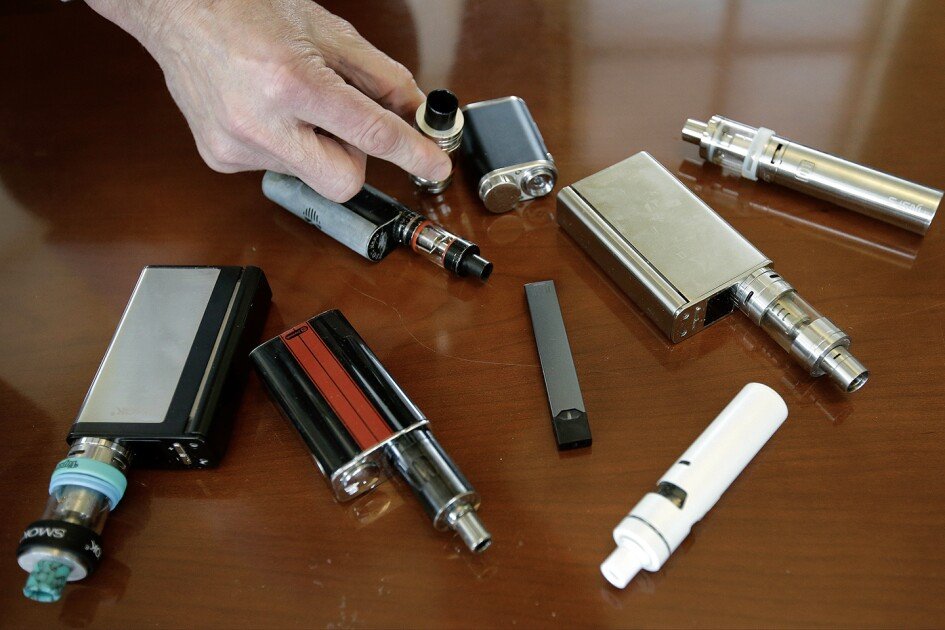The U.S. Supreme Court recently heard arguments in a case regarding the regulation of vaping products with candy and fruit flavors by the Food and Drug Administration (FDA). The case, known as Food and Drug Administration v. Wages and White Lion Investments, focuses on the FDA’s decisions to deny applications by two e-cigarette companies to sell flavored vaping products. The FDA has expressed concerns about the appeal of these flavors to youth and the potential health risks associated with adolescent use of vaping products.
Deputy U.S. Solicitor General Curtis E. Gannon highlighted the issue of youth vaping during the oral arguments, noting that a significant number of middle and high school students continue to use open-tank vaping systems that can accommodate flavored liquids. While there has been a decline in overall e-cigarette use among students, the FDA remains vigilant in addressing the issue of youth vaping, citing the heightened susceptibility of adolescent brains to nicotine addiction.
The case has brought to light the colorful and fruity names of vape products, such as “Killer Kustard Blueberry” and “Suicide Bunny Mother’s Milk and Cookies,” which have raised concerns about their appeal to children. Justice Elena Kagan echoed these concerns, noting that flavors like blueberry may be particularly attractive to younger users. The companies involved in the case, Triton Distribution and Vapetasia, argued that their products, which are used in open tank vape devices, have not historically been popular among youth.
The legal question at the heart of the case is whether the FDA followed proper administrative procedures in denying the companies’ applications. The U.S. Court of Appeals for the 5th Circuit ruled in favor of the companies, citing concerns about the FDA’s shifting requirements for supporting evidence. The Supreme Court’s decision in this case could have broader implications for the regulation of vaping products and the power of administrative agencies.
As the justices deliberated on the case, attorney Eric N. Heyer raised the possibility of a more sympathetic approach to the vaping industry under the incoming administration of President-elect Donald Trump. Heyer suggested that the FDA’s denials of the companies’ applications may have been influenced by changing guidance and regulatory standards. The outcome of this case remains uncertain, but it underscores the ongoing debate surrounding youth vaping and the regulation of flavored e-cigarette products. The future of vaping regulation in the United States remains uncertain, with conflicting statements from former President Trump and his administration. In a recent Truth Social post, Trump hinted at “saving vaping again,” referencing his previous efforts to prevent stronger regulations on e-cigarettes during his first term. However, it was Trump’s administration in 2019 that expressed support for banning all flavored vapes and implemented a policy requiring manufacturers to prove the benefits of their products for smoking cessation.
During a recent court hearing, attorney Jonathan Heyer raised concerns about the potential impact of political changes in Washington on the FDA’s decision-making process regarding vaping applications. Justice Neil M. Gorsuch, a Trump appointee, redirected the conversation to focus on technical aspects of the case, emphasizing the need to set aside any political biases.
As the court deliberates on the case, a decision is expected by late June. The outcome will likely have significant implications for the vaping industry and its regulation moving forward. Stay tuned for updates on this evolving issue.


